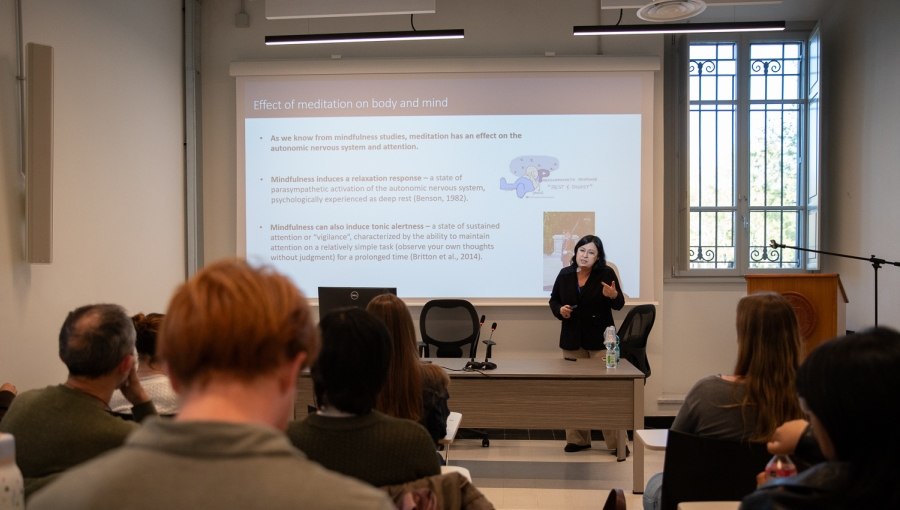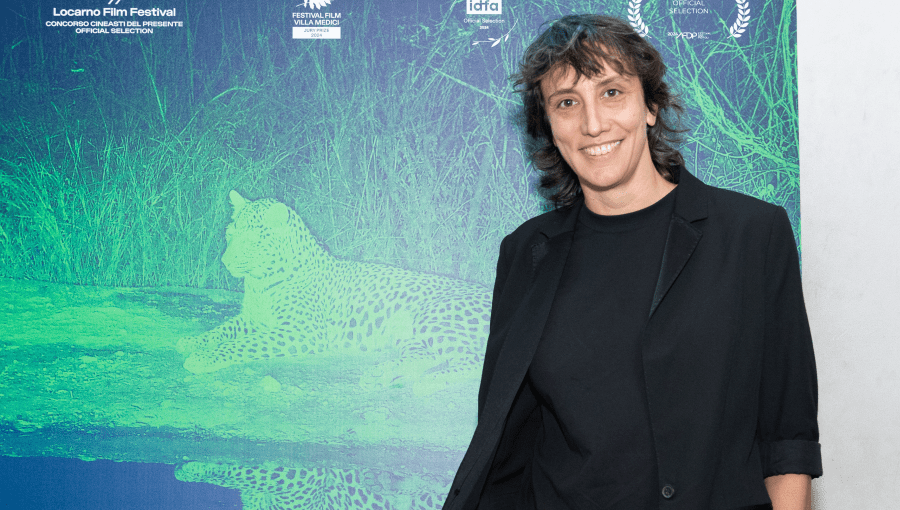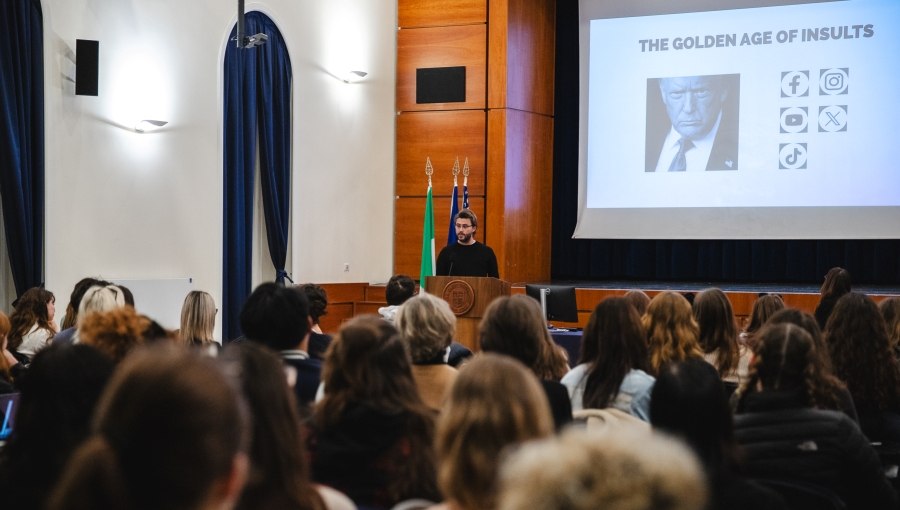Psychology and Law: Professor Paola Castelli
Born in Rome, Associate Professor of Psychology Paola Castelli earned her undergraduate degree from the University of Rome “La Sapienza” and her Ph.D. from the University of California at Davis. She has been teaching at JCU since 2011 and her research interests lie in the areas of cognitive development and psychology and law.
How did you become a psychology professor?
I want to say by chance! During my senior year in high school, my older sister, who was studying law, asked me to go sign her up for a criminology course. While strolling through the Criminology Department at the University of Rome “La Sapienza,” and reading all the course programs posted on the walls, I thought that studying the human mind was my thing.
Tell us about your Psychology and Law course.
This is one of my main areas of interest, and much of the research I’ve done falls within this domain, so I was very pleased to introduce the course in the curriculum here at JCU. It’s a course that explores how psychological research can be useful in highlighting and understanding issues that may arise in the administration of justice, from appreciating what may influence eyewitness memory, to highlighting potential biases in jury selection and decision making, to identifying best practices for interrogating suspects.
It is an applied course that draws from different areas of psychological inquiry, from clinical, to developmental to cognitive psychology, and it is a students’ favorite almost everywhere.
I guess the plethora of crime shows and courtroom drama series available significantly contribute to students’ interest in the topic. Hopefully, taking this class can also help them be more critical consumers of those products, giving them the tools to separate facts from fiction!
What is your teaching philosophy?
Students come to study psychology with a lot of misconceptions about the field, so one of my main responsibilities is to dispel their false beliefs about the mind and behavior, the “we only use 10% of our brain” kind of thing, while getting them excited about the actual science.
As a psychology professor, I believe my duty is to encourage students to appreciate the complexity of human behavior. To challenge them to recognize their own biases, and how they may affect their thoughts and actions. To help them see things from different perspectives and learn to question themselves and others (even me!), with the understanding that doing so is tiring, challenging, and likely uncomfortable, so they should also cultivate a little compassion for themselves. In my opinion, this is the most important lesson that I can provide to my students, in addition to a knowledge base in psychology. To the extent that I can guide and support students on this learning path, I would be a successful mentor.
JCU is launching a new major in Psychological Science in Fall 2020. What is your advice for a student who wants to pursue this major?
I am very excited about the major in Psychological Science and honored that I could contribute to building the program. We have a growing group of dedicated teachers and scholars, and we are all eager to meet the challenge. To prospective students, I would say, be open to having your beliefs questioned. Be open to accepting your limitations and those of others. Be open to accepting that you won’t find answers, just more questions. And that will be the most fascinating part of your learning experience!
Tell us about your research interests.
As I mentioned, Psychology and Law is where it all started. When I was taking that class in college, one of the assigned readings was a book by Luisella DeCataldo on eyewitness testimony. I was immediately drawn to understand more about child witnesses. Is it true that they always speak the truth, as folk wisdom says? Can we really trust their memory?
That led me to investigate the mechanisms of human memory in general and developmental changes in accuracy in particular. Why does memory fail? Why is it that we often confuse our thoughts with reality (Did I lock the door? Or did I just think about locking it?)?
What is it about children’s memory that makes it more susceptible to these mistakes? And what are the implications for the legal system? Can we trust child witnesses? Most of my research has tried to address these questions.
More recently, I’ve become interested in exploring the influence of stress and cortisol levels on the hippocampus, which is an area of the brain that plays an important role in memory. Hopefully, I’ll have more to say about that in the future!
Please tell us about a challenge that you have overcome in your professional life.
During my Ph.D., I worked for two years collecting data for my dissertation. And it just didn’t work, despite having spent lots of time and resources. But that’s science. You have to accept that data will not always show you what you wish to see. By then I was already in my 6th year in graduate school though, so having no publishable data was really stressful. Luckily, I had been working on other projects as well, so I managed to fulfill my graduation requirements anyway, although it took me one more year to do so! The moral of the story: accept that you can’t control everything, and always have a Plan B!






